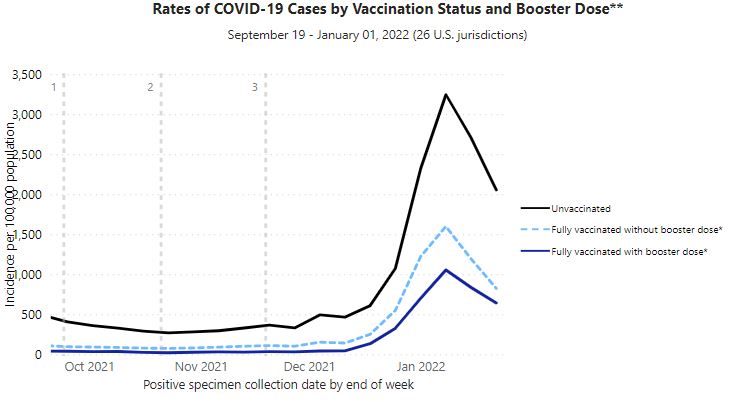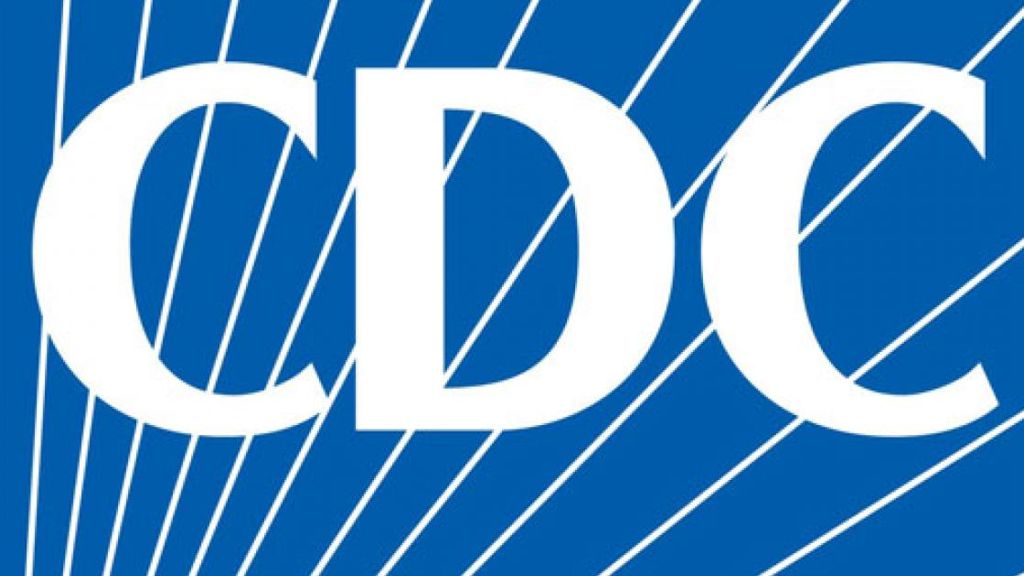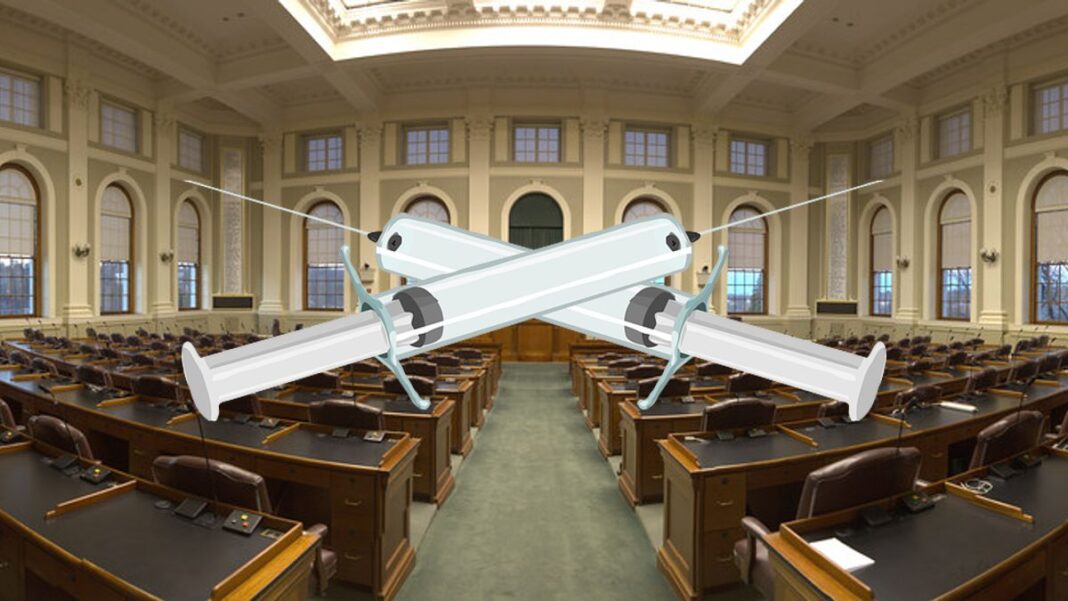
COVID-19 case and hospitalization rates increased among people who got a COVID-19 vaccine following the emergence of the Omicron virus variant, according to newly published data from the Centers for Disease Control and Prevention (CDC).
According to the data, which is submitted to the CDC by health departments across the country, the COVID-19 case rate in fully vaccinated people rose by more than 1,000 percent between Dec. 11, 2021, and Jan. 8, 2022.
Fully vaccinated refers to people who received two doses of the Moderna or Pfizer COVID-19 vaccines, or the single-dose Johnson & Johnson vaccine.
The CDC doesn’t count a person as fully vaccinated until 14 days have elapsed from his or her final shot.
The case rate among those who also received a booster dose skyrocketed as well, rising some 2,400 percent between the same dates.
While cases also rose among the unvaccinated, the jump in infections among the vaccinated closed the gap between the populations. As a result, people who haven’t received a vaccine were just 3.2 times more likely to test positive for COVID-19 in January.
COVID-19-associated hospitalizations also increased among the vaccinated, from 1.4 per 100,000 for the fully vaccinated for the week ending Dec. 18, 2021, to 35.2 per 100,000 in the week ending Jan. 8, according to data from a surveillance system managed by the CDC.
People who got a booster were less likely to require hospital care, but the hospitalization rate among the boosted also rose from December 2021 to January.
And deaths attributed to COVID-19 increased during the same time period among the vaccinated, including among the boosted.

Other data sources also point to vaccines performing worse after Omicron, including studies published by the CDC in January, which has narrowed the gap between the unvaccinated and vaccinated in terms of cases and hospitalizations.
Some research, though, signals that boosters restore much of the lost protection, including a study performed by researchers with Kaiser Permanente and Moderna published in Nature Medicine on Feb. 21.
“Our results suggest that third doses may be needed sooner than 6 months after the second dose of the Moderna COVID-19 vaccine to protect against omicron infection,” Hung Fu Tseng, a Kaiser researcher, said in a statement. “Reassuringly, 3 doses provide strong protection against COVID-19 hospitalization due to either the omicron or delta variant.”
Just days after the study, though, Moderna CEO Stéphane Bancel told investors on a call that a second booster would be necessary because of waning protection from the vaccine, including the first booster.








